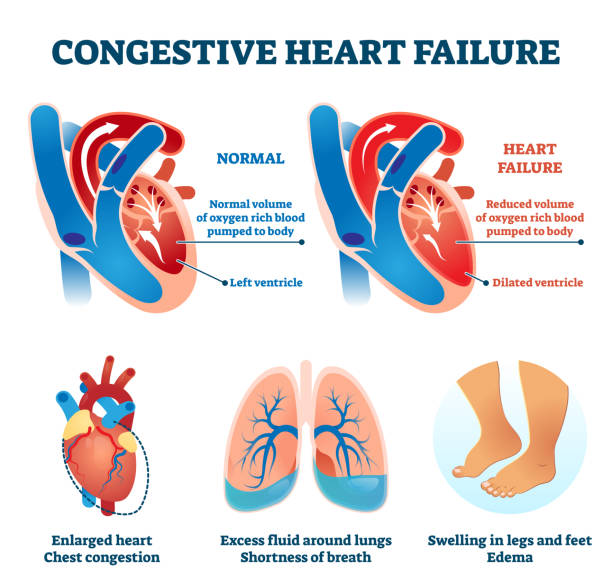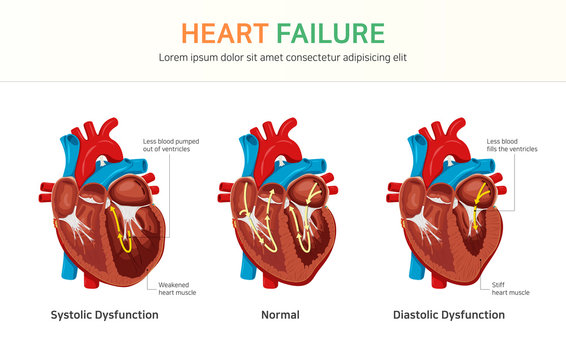Recognizing Heart Failure Symptoms and Warning Signs
Early recognition of heart failure symptoms is vital for timely medical intervention and improved outcomes. The most common symptoms include shortness of breath during physical activity or when lying flat, persistent fatigue and weakness, swelling in the legs, ankles, or feet, and rapid or irregular heartbeat.
Many patients also experience a persistent cough or wheezing, particularly when lying down, sudden weight gain due to fluid retention, and reduced ability to exercise or perform daily activities. Some individuals may notice increased urination at night or difficulty concentrating due to reduced blood flow to the brain.
It's important to note that symptoms can vary significantly between individuals and may develop gradually over time. Some people may experience mild symptoms initially, while others may have more severe manifestations. Regular monitoring and communication with healthcare providers are essential for optimal management.




